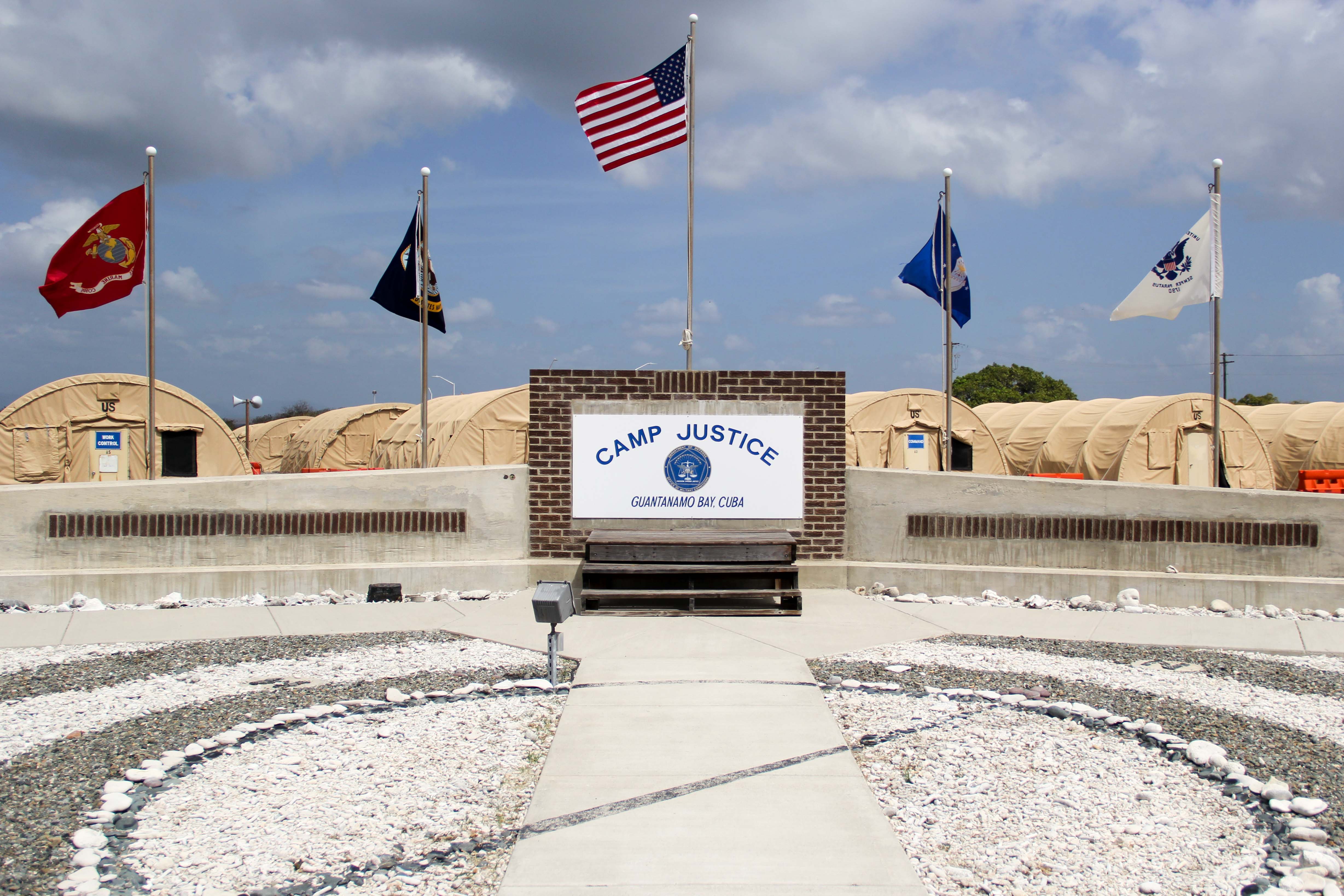GUANTANAMO BAY, Cuba, April 27 (UPI) — Defense lawyers who represent the accused mastermind behind the 2000 bombing of the USS Cole sought Wednesday to limit testimony from federal agents who interviewed an alternative suspected organizer of the attack.
The United States alleges that Abd al-Rahim al-Nashiri was in charge of planning and preparation for the bombing of the USS Cole as it was refueling in Aden, Yemen. The attack killed 17 sailors and wounded close to 40.
On Wednesday during a pretrial hearing, two federal agents involved with the bombing’s investigation testified that they interviewed al Qaeda operative Jamal al-Badawi in 2007.
An American drone strike killed al-Badawi on Jan. 1, 2019, in Yemen. Al-Nashiri, meanwhile, has been held at Guantanamo Bay since 2006 after being detained for several years by the CIA.
During the interview, al-Badawi, who was indicted by a federal grand jury in 2003 over his role in the Cole attack, revealed information about al-Nashiri that, if used during trial, could support the government’s case against the suspected mastermind.
But al-Nashiri’s lawyers said that the agents’ testimony violates their client’s legal right against self-incrimination. They argued that the U.S. agents received al-Badawi’s testimony in a coercive environment, and that the testimony was based on information produced by torture.
After his capture in 2002, al-Nashiri, a Saudi Arabian citizen, was held by the CIA in its secret “black site” prison system. He was subjected to what the government called “enhanced interrogation” techniques, including waterboarding.
During this time, the government extracted statements from him that his lawyers say were later used to elicit testimony from al-Badawi.
Two of the federal agents, Robert McFadden and Andrew Emley, said Wednesday that al-Badawi’s statements were made voluntarily. Emely also testified that the team of agents had limited time to review materials before the al-Badawi interview.
“He looked better than I did,” Emley said, describing al-Badawi as wearing freshly pressed clothes and appearing well-fed.
This is not the first time the court has been asked to rule on this issue. Al-Nashiri’s legal team requested a judge to compel the agents to testify to resolve the issue in 2015. Two years later, the court heard testimony from McFadden and another agent, Steven Gaudin.
But in 2018, the U.S. Court of Appeals for the District of Columbia Circuit issued a sweeping decision that overturned years of rulings in al-Nashiri’s case after it was revealed that the case’s previous judge, Air Force Col. Vance Spath, secretly pursued employment with the Justice Department, which was prosecuting the case.
The court now continues to rehear witness testimonies and rehash many of the previously decided rulings.
Before issuing a ruling on the defense team’s request, the court plans to hear from more witnesses, including Gaudin, who led the 2007 al-Badawi interview.
The court also must contend with the issue of secondhand information because the testimony comes from the agents, not al-Badawi. Without direct testimony, al-Nashiri’s defense team can argue that the information is not admissible in court.
While the court could have attempted to request direct testimony from al-Badawi at the time McFadden and Gaudin originally testified, the court now has limited options. In 2019, the United States killed al-Badawi in a “precision strike.”
Although the prosecution has maintained its allegation that al-Nashiri is the mastermind behind the Cole attack, President Donald Trump, among others, cited al-Badawi as the bombing’s principal leader.
“Our GREAT MILITARY has delivered justice for the heroes lost and wounded in the cowardly attack on the USS Cole,” Trump tweeted after the strike that killed al-Badawi. “We have just killed the leader of that attack, Jamal al-Badawi. Our work against al Qaeda continues. We will never stop in our fight against Radical Islamic Terrorism!”
McFadden said Wednesday that he did not place al-Badawi at the level of mastermind.
Wednesday’s testimony was part of the latest pretrial hearings in the al-Nashiri case. Although the court arraigned al-Nashiri in 2011, his case — like many of the Guantanamo military commission cases — has been delayed repeatedly due to legal battles over the disclosure of classified information about the CIA program, as well as postponements due to the pandemic.
The court plans to have another open session Thursday before entering a closed session Friday.


